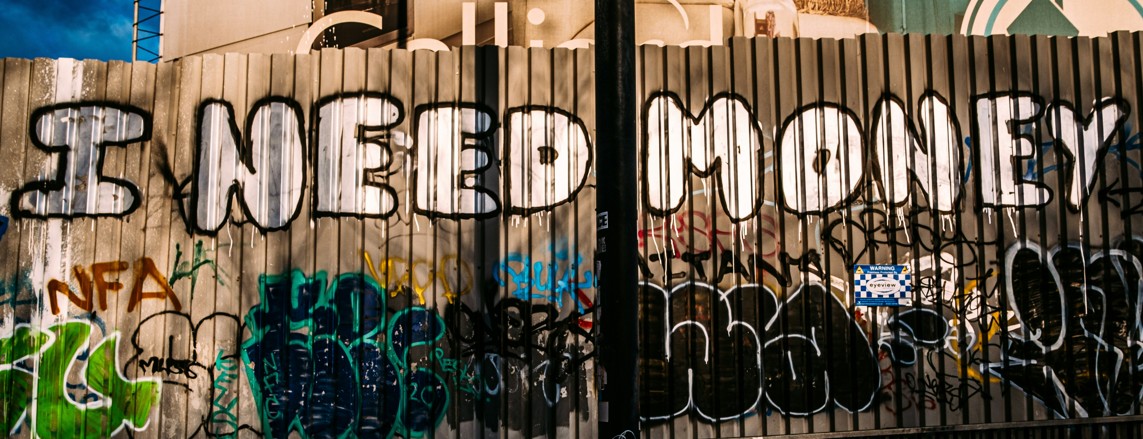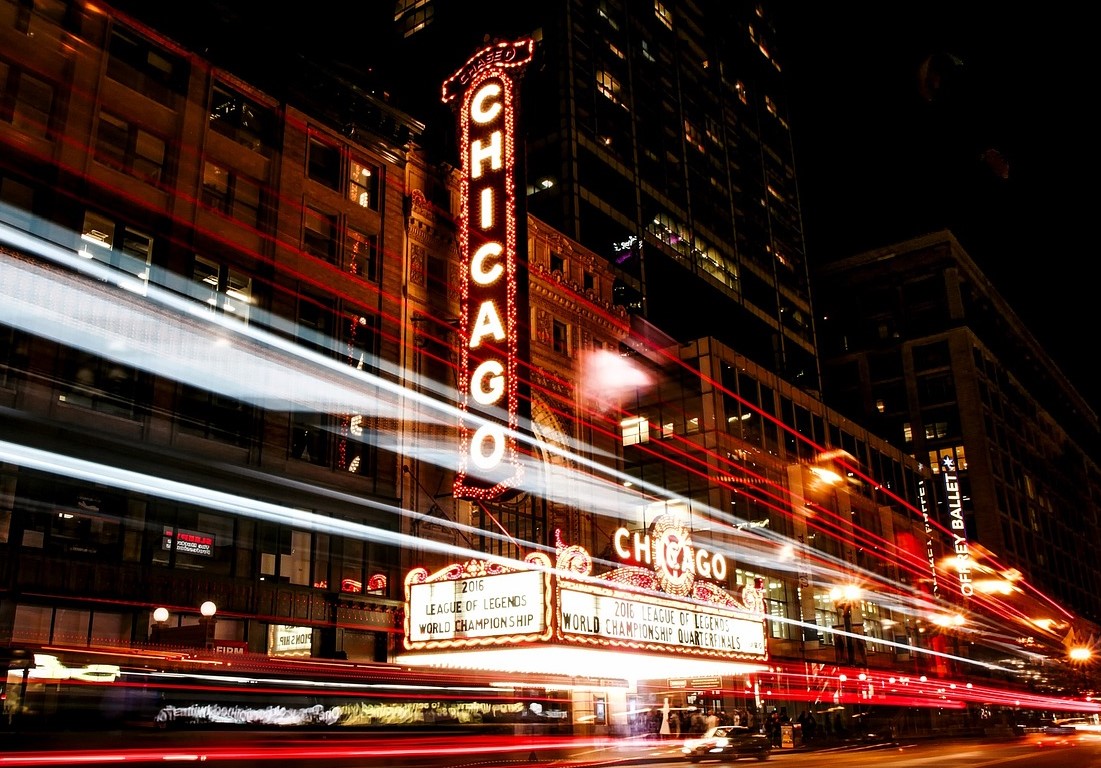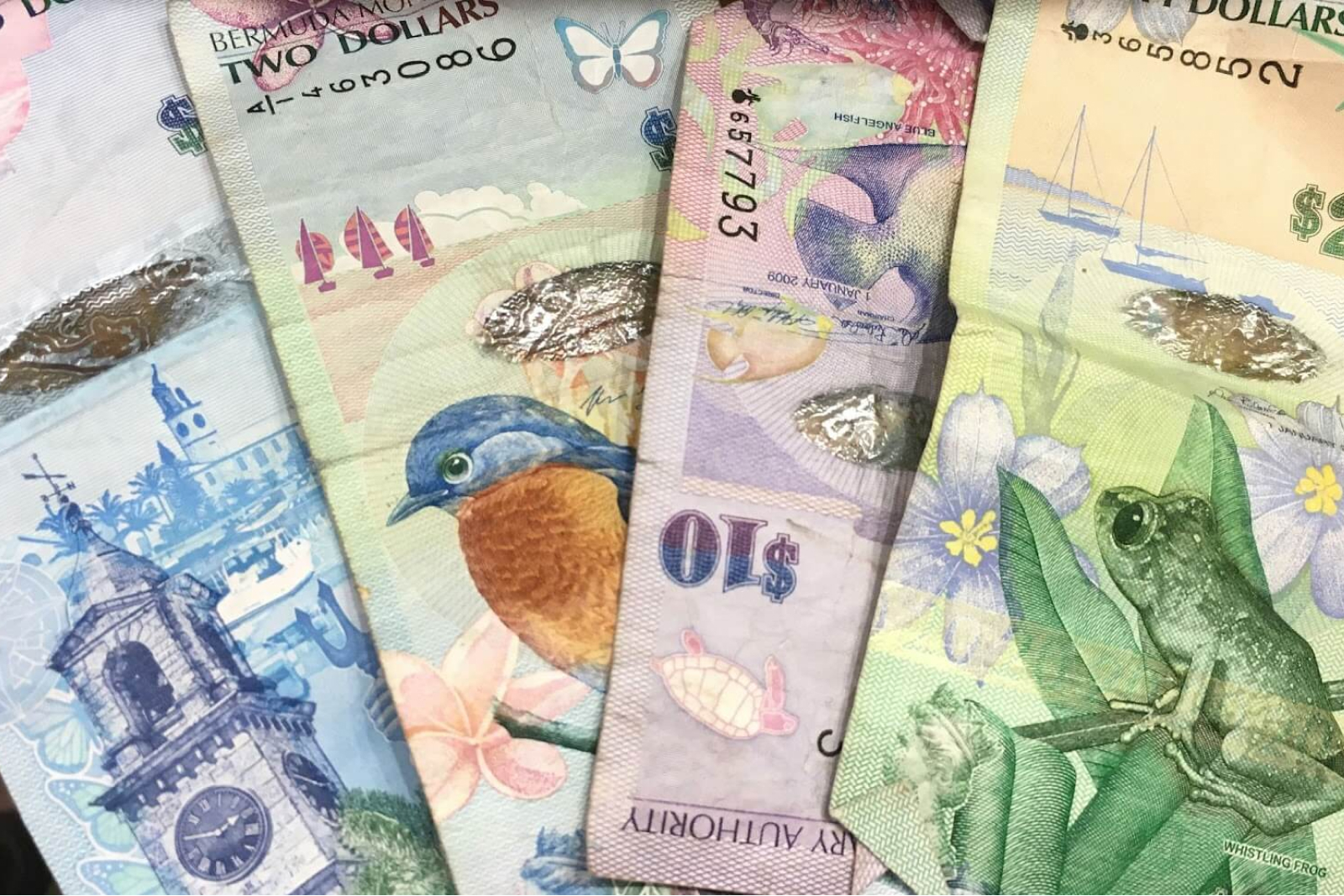
Insider.com
Everyone knows it’s important to build credit, but where do you start?
If you’ve never had a credit card before, the number of options can be intimidating. Luckily, there are plenty of cards designed specifically for first-timers. Some reasons you may want one of these cards are if you’ve never had a U.S. loan or credit card under your name, have had one for less than 3 years, or irresponsibly handled your credit in the past. While these cards function the same way as other credit cards (you borrow money from a financial institution to make purchases, then you pay off your debt after a specific time period), there are a few things that set them apart:
- Low credit limits
- High-interest rates
- Limited (if any) rewards
- Upfront fees or deposits
Essentially, these cards are designed to help you learn about credit, build credit, and prove your ability to pay back your credit card company. Here are a few of the best starter credit cards available.
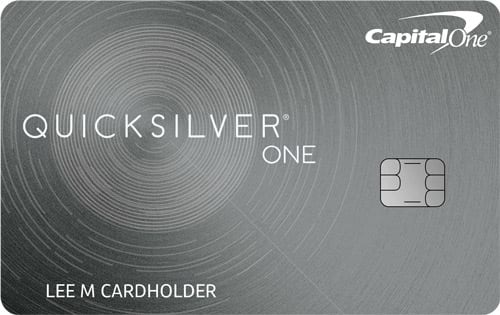
This card offers a cash-back earning rate that’s nearly 50% higher than the market average, though it does charge an annual fee, so it’s best for people who intend to use it regularly.
Features:
- 1.5% cash back for all purchases
- $39 annual fee
- No fee for international use
- Available to people with limited/fair credit
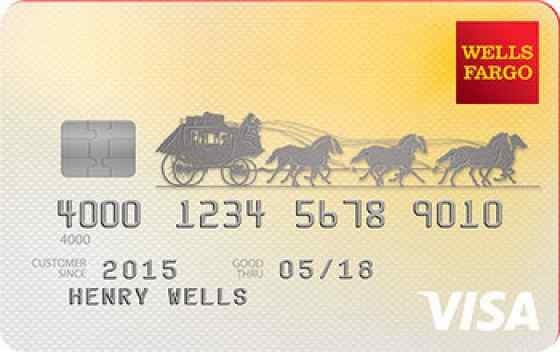
We love this card because it doesn’t charge any of the fees for first timers that so many credit cards do. Also, in the first six months of opening this card, you earn 3% cash back on up to $2,500 of gas, grocery, and drugstore purchases.
Features:
- APR: 12.65% – 22.65% variable
- Intro purchase APR 0% for first 6 months
- No annual fee
- Foreign transaction fee: 3%
- 1% cash rewards for each $1 spent on non-everyday purchases
- Must have a Wells Fargo bank account and be a student to apply
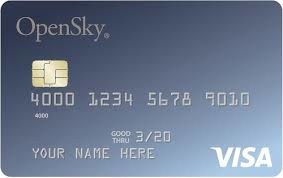
This is a great option if you’re worried about not being approved for a credit card, because no credit check is required to get this card. All that’s required is that you’re at least 18 years old and can afford a $200+ security deposit, a $35 annual fee, and monthly bill payments.
Features:
- 3% foreign transaction fee
- $200 minimum security deposit
- $35 annual fee
- Average APR
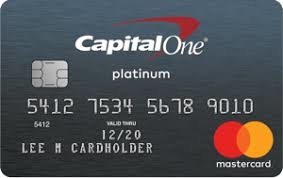
This card is specifically designed for people with no credit or very little credit. It’s a no frills option that’s a very solid choice for building credit.
Features:
- No annual or monthly fees
- Potential for a higher limit after 5 months
- 0% introductory APRs
- No foreign transaction fees
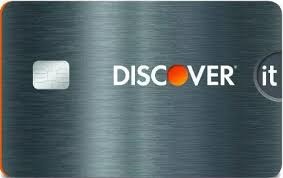
This is another simple card great for building credit. Unfortunately, this card does require an initial $200 deposit upon opening.
Features:
- No annual fee
- No foreign transaction fees
- Security deposit of at least $200
- Features a dollar-for-dollar match program for all cash back rewards
- Low credit limits
- High-interest rates
- Limited (if any) rewards
- Upfront fees or deposits
Essentially, these cards are designed to help you learn about credit, build credit, and prove your ability to pay back your credit card company. Here are a few of the best starter credit cards available.
 Capital One® QuicksilverOne® Cash Rewards Credit Card
Capital One® QuicksilverOne® Cash Rewards Credit CardThis card offers a cash-back earning rate that's nearly 50% higher than the market average, though it does charge an annual fee, so it's best for people who intend to use it regularly.
Features:
- 1.5% cash back for all purchases
- $39 annual fee
- No fee for international use
- Available to people with limited/fair credit
 Wells Fargo Cash Back College
Wells Fargo Cash Back CollegeWe love this card because it doesn't charge any of the fees for first timers that so many credit cards do. Also, in the first six months of opening this card, you earn 3% cash back on up to $2,500 of gas, grocery, and drugstore purchases.
Features:
- APR: 12.65% - 22.65% variable
- Intro purchase APR 0% for first 6 months
- No annual fee
- Foreign transaction fee: 3%
- 1% cash rewards for each $1 spent on non-everyday purchases
- Must have a Wells Fargo bank account and be a student to apply
 OpenSky® Secured Visa® Credit Card
OpenSky® Secured Visa® Credit CardThis is a great option if you're worried about not being approved for a credit card, because no credit check is required to get this card. All that's required is that you're at least 18 years old and can afford a $200+ security deposit, a $35 annual fee, and monthly bill payments.
Features:
- 3% foreign transaction fee
- $200 minimum security deposit
- $35 annual fee
- Average APR
 Capital One® Platinum Credit Card
Capital One® Platinum Credit CardThis card is specifically designed for people with no credit or very little credit. It's a no frills option that's a very solid choice for building credit.
Features:
- No annual or monthly fees
- Potential for a higher limit after 5 months
- 0% introductory APRs
- No foreign transaction fees
 Discover it® Secured
Discover it® SecuredThis is another simple card great for building credit. Unfortunately, this card does require an initial $200 deposit upon opening.
Features:
- No annual fee
- No foreign transaction fees
- Security deposit of at least $200
- Features a dollar-for-dollar match program for all cash back rewards


